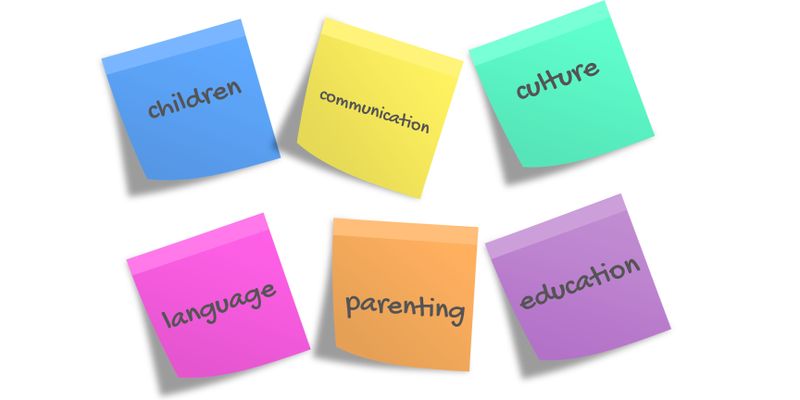Jun 12, 2023
Growing Need for Language and Cultural Support for Families

An experience I had as an elementary school student in Vancouver, Canada was interpreting between an elementary school principal and my paternal grandparents. One weird element was that the parties discussed my academic performance and social development. I fielded questions from the elders, my grandfather with his expectations, and the other reporting my progress.
And what was the other weird element? The principal spoke English and my grandparents spoke their regional dialect of Scots. To his credit, the principal deciphered half of their talk. And my grandparents had a strong Scots identity that came out in their speech.
Now imagine new arrivals in Japan with young children, speaking a language that doesn’t resemble Japanese and getting acclimatized to child-rearing and education practices while establishing careers.
The Mainichi reported on a survey that reveals that foreign parents are participating at a lower rate in parenting support classes and consultation services. Those services are primarily delivered in Japanese. Also in the report, children are interpreting for their parents, much like I did, and it’s a tall order when a kid fields questions about health, school affairs, and academics. Considering the language and cultural barriers for foreign families, it’s no wonder that an estimated 8,000 children were not in formal education in 2022.
Japan’s municipalities are going to have to up their game as the number of foreign families is expected to grow considerably. The labor ministry projects that in 2070, 11% of Japan’s residents will be foreign nationals as their numbers grow and the birthrate plummets.
A situation that none of these reports touch on is the diversity of families, their cultures and languages. Among my neighbors and friends, I’ve observed an English-speaking husband and Japanese wife use French as their lingua franca because they met in that language. A family from India communicates in English and Japanese rather than either parents’ mother tongue. Many foreign spouses of friends speak English as their second language. Besides, I’m sure there are thousands of foreign residents like me who come from multilingual and multicultural households because of the immigration history of their families. My mother’s family has experienced immigration for two generations, acquiring languages and cultural changes with each international jump. People from multicultural families may be adaptable, but Japan presents a lot of unfamiliar situations for any family.
Do you or families you know use English or Japanese as lingua franca because parents have different mother tongues? Have you faced challenges with family services because of language or cultural issues?



0 Comments